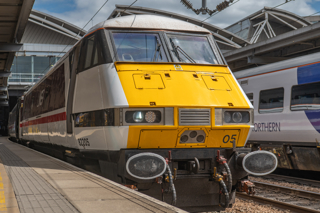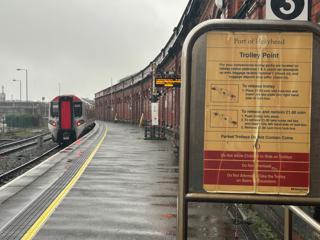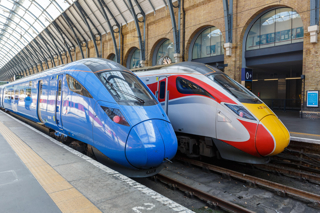The Rail Safety and Standards Board (RSSB) has called for better targeting of support for rail workers needing help with mental health issues.
RSSB’s first-ever rail industry mental health survey reveals that of almost 4,000 respondents, 43% were found to have met criteria for a clinical mental health condition across screen measures for depression, anxiety and post-traumatic stress disorders.
The survey concluded that the COVID-19 pandemic has likely contributed to poor mental health across the general population, recording that moderate to severe depression increased from 5.6% to 31.6% while moderate to severe anxiety increased from 6% to 18.8%.
Half of the respondents were classified as front-line workers. RSSB noted that “the challenges associated with performing a public-facing role during the pandemic were clear” and that “the additional pressures have clearly taken their toll”.
Sickness absence was five times higher than the general population pre-COVID and six times higher than the general population during the pandemic. One in eight respondents reported experiencing an incident at work where their poor mental health had been a factor, but only half sought help.
RSSB psychologists are warning that employers should move away from “lip-service, token gimmicks like yoga and fruit bowls for all”. They recommend that employers should “use local data better” to provide more specific intervention where it’s most needed.
To read the full story, see RAIL 945















Güntürk Üstün - 29/11/2021 21:24
The very insightful findings of the RSSB on general anxiety, major depression and post-traumatic stress disorder will hopefully be taken very seriously by the entire UK rail industry community. As with physical health issues, the correct diagnosis and treatment of mental and behavioral problems in railway workers is of vital importance. When necessary, the British train operators should act in full coordination with their psychiatrists (and psychologists) on this delicate, ethical and wholly human condition. Dr. Güntürk Üstün